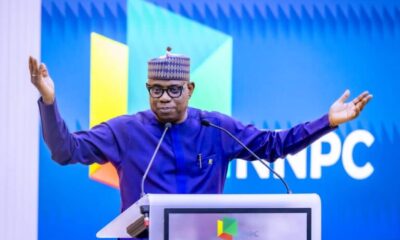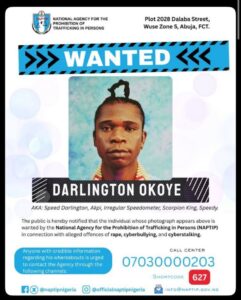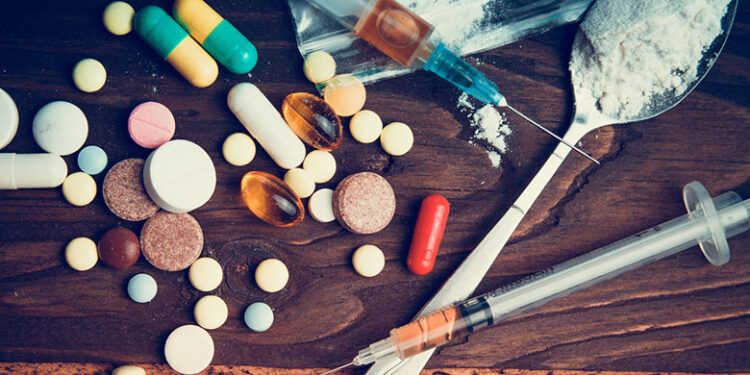The National Drug Law Enforcement Agency, in partnership with the Federal Ministry of Education, has disclosed concerning figures on youth drug use in Lagos State.
Based on a 2024 study conducted by both institutions, 13.6 percent of secondary school students have tried drugs, while 6.9 percent are current users.
In response to the growing issue of substance abuse among young people and other vulnerable populations, the Lagos State Ministry of Health led an intensive awareness initiative on Thursday, June 26, 2025.
The campaign, which took place at the Lagos State Government Secretariat in Alausa-Ikeja, was held to mark this year’s International Day Against Drug Abuse and Illicit Trafficking.
The initiative was coordinated by the Directorate of Pharmaceutical Services and the Lagos State Interministerial Drug Abuse Control Committee, in collaboration with the National Drug Law Enforcement Agency.
This year’s theme was “Breaking the Chains: Prevention, Treatment, and Recovery for All!”
During the event, the Director of Pharmaceutical Services and Chairperson of LSIDACC, Pharm. (Mrs.) Olawale Poluyi, referenced global and national statistics highlighting the scope of the crisis.
She noted that in 2024, over 296 million people globally used drugs, while in Nigeria, 14.4 percent of individuals aged 15 to 64—about 14.3 million people—had used psychoactive substances, with many dealing with substance use disorders.
Poluyi pointed out that “In Lagos State alone, a 2024 study conducted by the NDLEA and Federal Ministry of Education found that 13.6% of secondary school students had experimented with drugs, with 6.9% identified as current users”.
She stressed that these numbers reflect more than just data—they represent broken lives and communities in distress.
She explained that drug addiction is an expanding public health emergency that needs to be approached with scientific and compassionate strategies rather than punishment or stigma.
“Today is not just about awareness. It’s a day of renewed commitment. Drug addiction is not necessarily a moral failure; it is a medical condition. And it must be treated as such,” Poluyi said.
She discussed the multiple factors contributing to drug abuse, including emotional trauma, peer pressure, boredom, and curiosity. She encouraged stakeholders to provide healthier options like counseling, vocational training, religious activities, and sports.
“People turn to drugs for different reasons, but we must ensure there are better outlets, safe spaces where they can heal, learn, grow, and be supported,” she said.
Poluyi also underlined the important role of pharmacists and other medical professionals in fighting drug abuse. She emphasized their duties in areas such as prescription tracking, public education, early detection, and proper medication disposal.
“Pharmacists are not just dispensers; they are gatekeepers in the fight against misuse. We must all play our part,” she said.
Other key attendees at the event included the Director of Epidemiology, Biosecurity and Global Health, Dr. Ismail Abdus-Salam; the Director of LASAMBUS, Mrs. Wuraola Makinde; the Director of Family Health and Nutrition, Dr. Folashade Oludara; and representatives from the Public Enlightenment Department of the Ministry of Information and Strategy.
Speakers at the event emphasized the necessity of inter-agency collaboration and praised the Lagos State Government for its dedication to prevention and youth-centered anti-drug campaigns.
In her final remarks, Poluyi urged healthcare professionals, parents, educators, and community leaders to promote awareness, prevention, and rehabilitation as long-term strategies.
“Let us break the chains of stigma, silence, and suffering. Together, we can build a future where treatment is accessible, recovery is celebrated, and no one is left behind,” she said.
The International Day Against Drug Abuse and Illicit Trafficking, created by the United Nations in 1987, is observed annually on June 26 to promote unified global efforts toward a drug-free world.

 BIG STORY1 day ago
BIG STORY1 day ago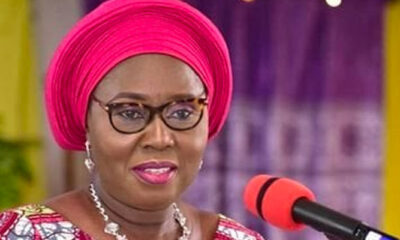
 BIG STORY1 day ago
BIG STORY1 day ago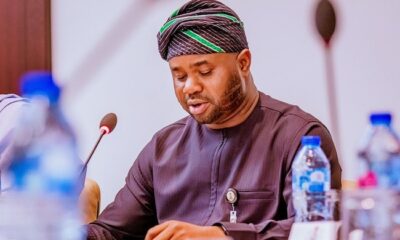
 BIG STORY1 day ago
BIG STORY1 day ago
 BIG STORY3 days ago
BIG STORY3 days ago
 BIG STORY1 day ago
BIG STORY1 day ago
 BIG STORY2 days ago
BIG STORY2 days ago
 BIG STORY5 days ago
BIG STORY5 days ago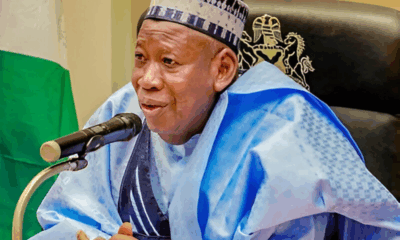
 BIG STORY6 hours ago
BIG STORY6 hours ago













